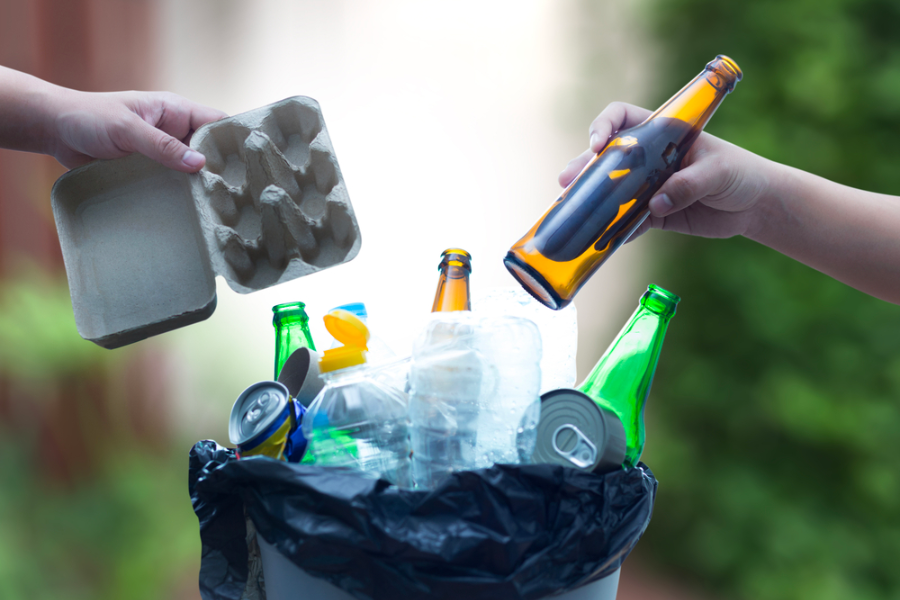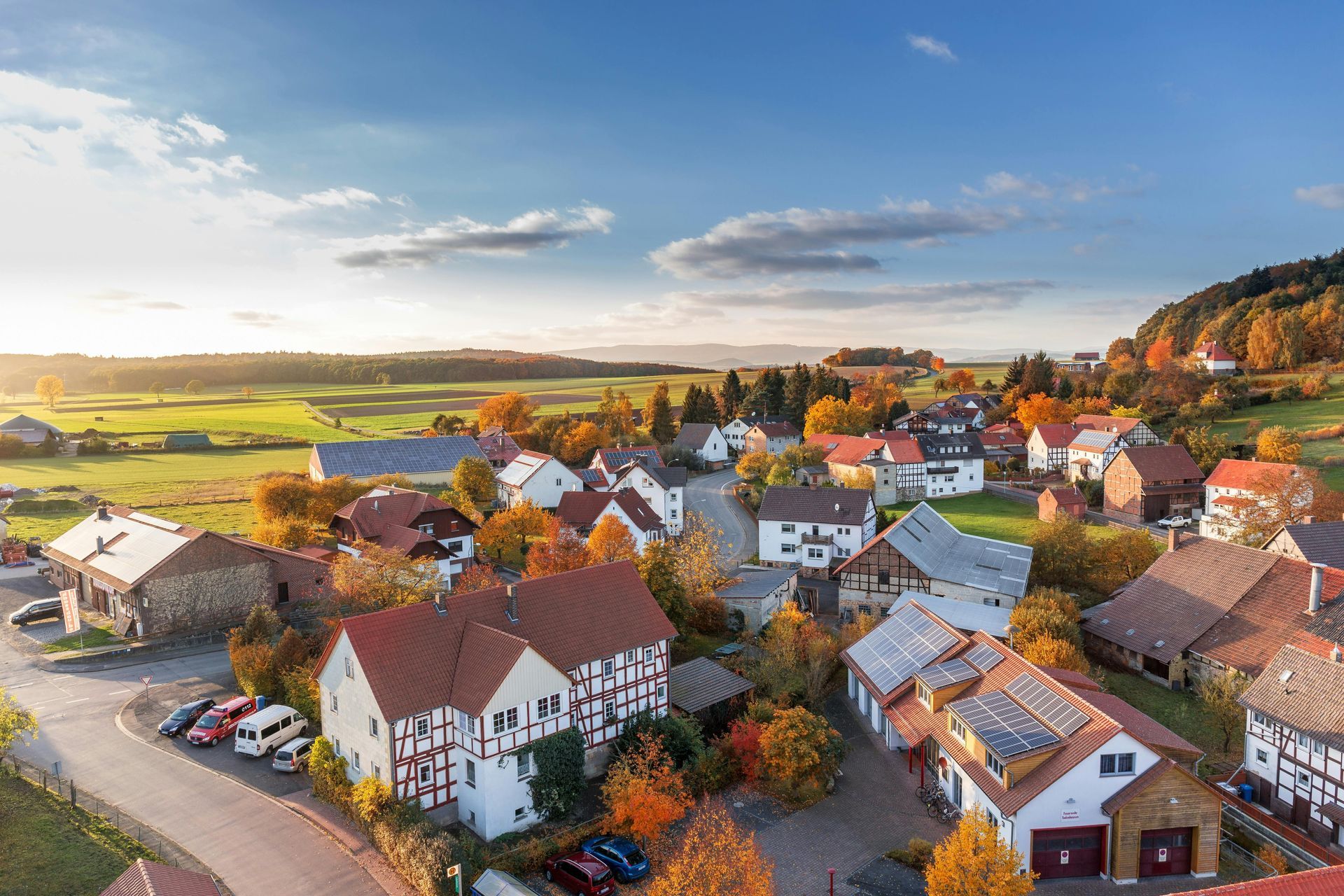“Recomposition”: Composting Meets the Death Industry
February 5, 2019
Here in NERC’s hometown of Brattleboro, Vermont, the local waste hauler collects household food scraps once a week, and delivers them for rendering into compost at our solid waste management district. It’s a trend that’s catching on in many places, and for many reasons; not the least of which are the benefits to soil health that compost brings.
Meanwhile, on farms and ranches, composting on a much larger scale occurs as a station in the cycle of life. When done properly, the composting of animal mortalities is an effective way of dealing with animal carcasses while providing beneficial soil amendments.
For a number of reasons, little thought has traditionally been given to the composting of human remains. But in the State of Washington, that may soon change. State Senator Jamie Pederson has introduced a bill that would “expand the options for disposing of human remains,” NBC reported in December. The Staff Summary of the bill describes recomposition, or the composting of human remains, as a “process … similar to those used for animals. This process is safe and effective for human disposition. It is natural, gentle, and sustainable, reducing carbon emissions. It uses one-eighth of the energy of cremation.”
Leading the call for the legalization of recomposition is Katrina Spade, who invented a system for composting human remains. The recomposition “process involves placing unembalmed human remains wrapped in a shroud in a 5-foot-by-10-foot cylindrical vessel with a bed of organic material such as wood chips, alfalfa and straw,” NBC reports. “Air is then periodically pulled into the vessel, providing oxygen to accelerate microbial activity. Within approximately one month, the remains are reduced to a cubic yard of compost.”
“It was like a lightbulb went off and I started to envision a system that uses the same principles as mortality composting,” Spade says, “that would be meaningful and appropriate for human beings.”
In 2017, Spade founded Recompose, a Benefit Corporation whose goal is to bring the recomposition process to the public. “This natural process gently converts human remains into soil, so that we can nourish new life after we die,” the company states. “Our modular system uses nature's principles to return our bodies to the earth, sequestering carbon and improving soil health. In fact, we've calculated carbon savings over a metric ton per person.”
“Recompose takes guidance from nature,” the company continued. “At the heart of our model is a system that will gently return us to the earth after we die.”
The legislative staff summary further states, “For a world that has been remade by technology, making many things better, cheaper and environmentally friendly, it is pretty astonishing that in 2019 we are left with two legal ways to dispose of human remains; both of which that have been around for thousands of years.”
The two legal ways referred to are traditional burial and cremation, both of which present environmental problems. Casket burial involves the use of formaldehyde and other toxic chemicals which leach into the soil, and cremation introduces greenhouse gases and other chemicals into the atmosphere.
In recent years, concerns over the environmental impacts of traditional methods have led to alternatives such as green burial, “a way of allowing bodies to decompose naturally—without chemical preservatives or disinfectants (aka embalming fluid). Bodies are recycled naturally into the soil.” Unlike recomposition, green burials are legal in all fifty states.
“We really only have two easily accessible options in the U.S. — cremation and burial,” Spade said. “And the question is: Why do we only have two options, and what would it look like if we had a dozen?”
By Robert Kropp
Share Post





